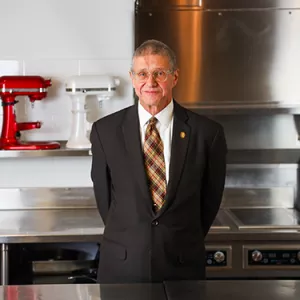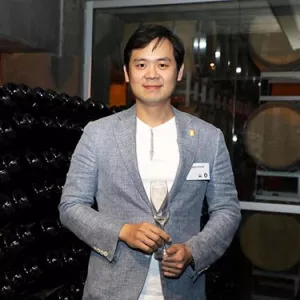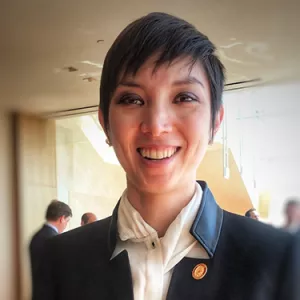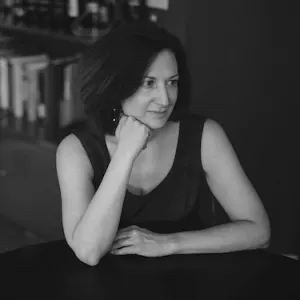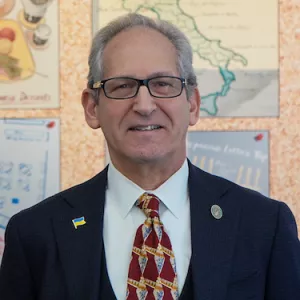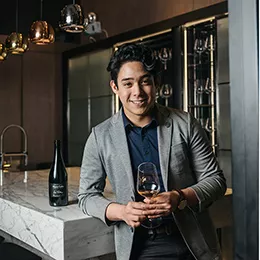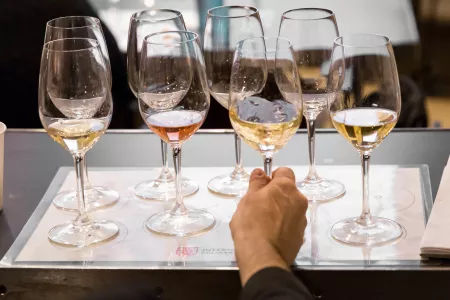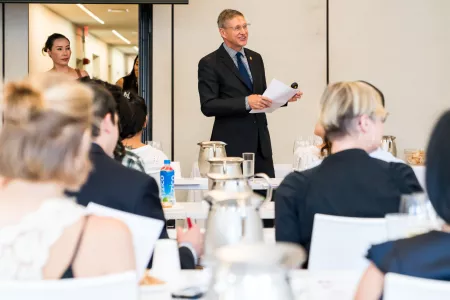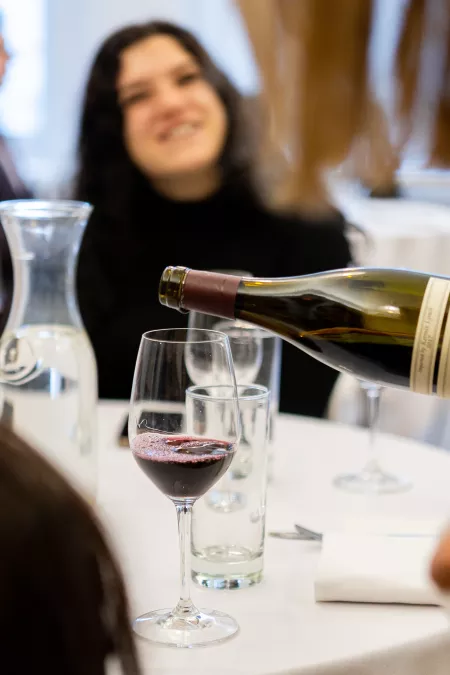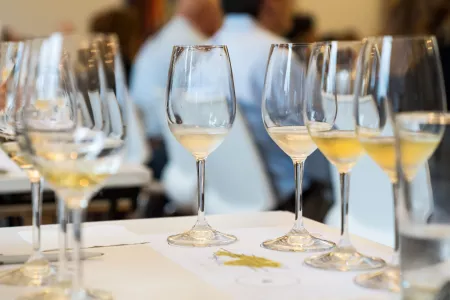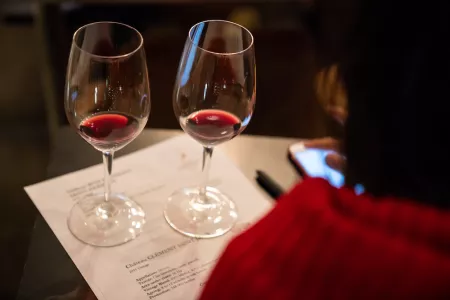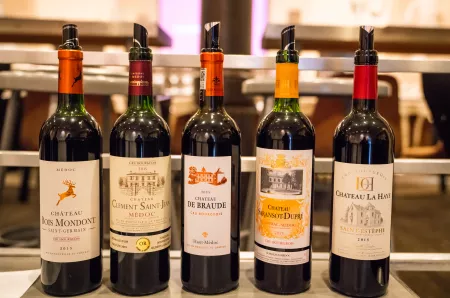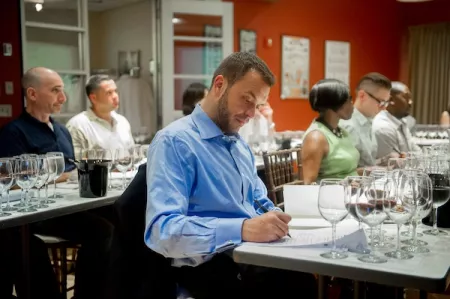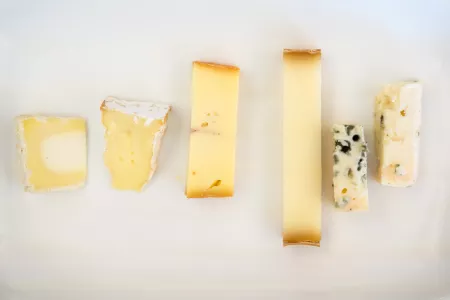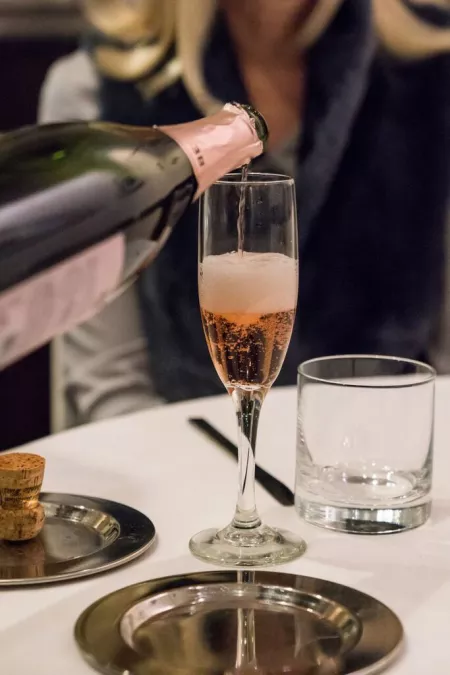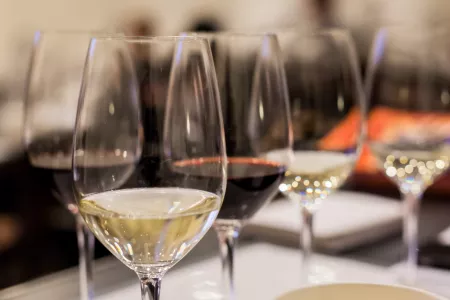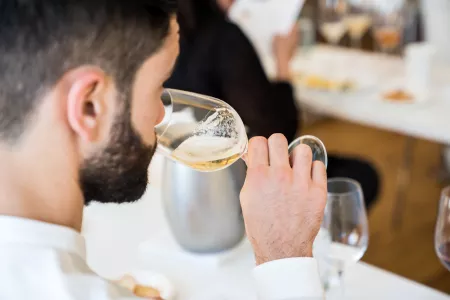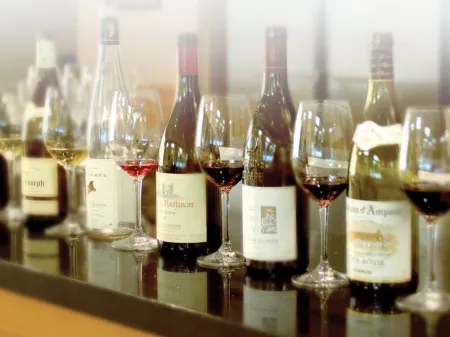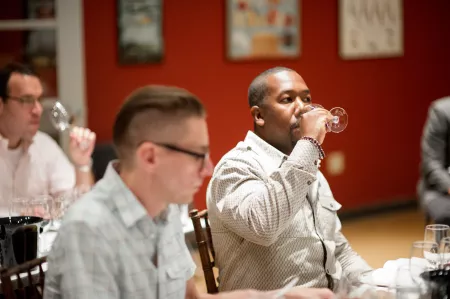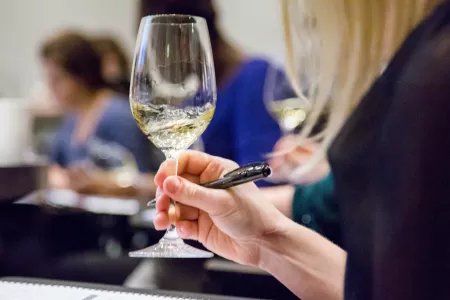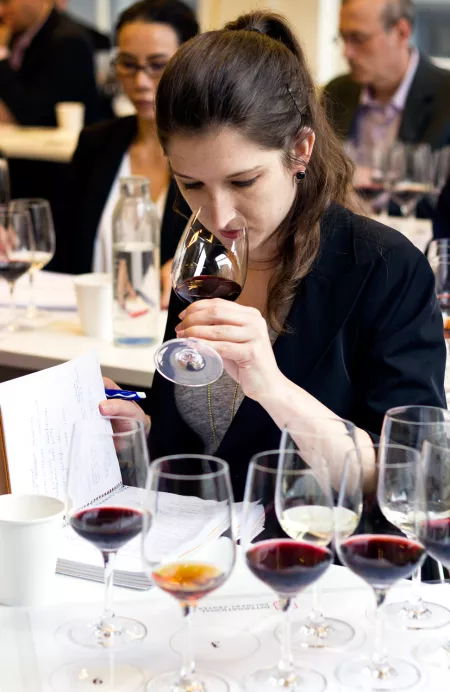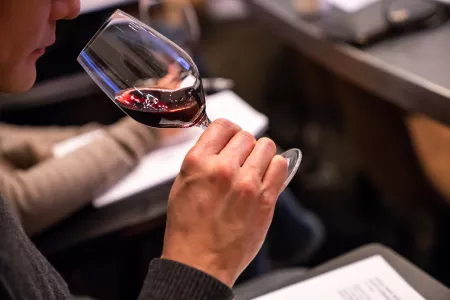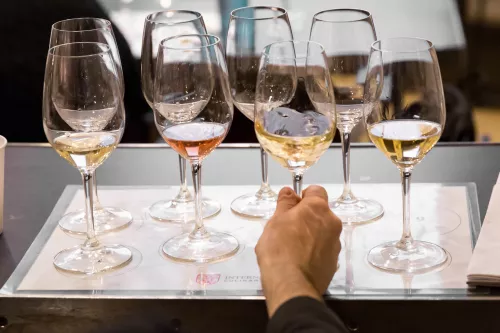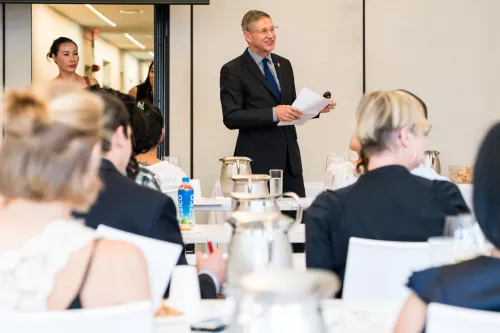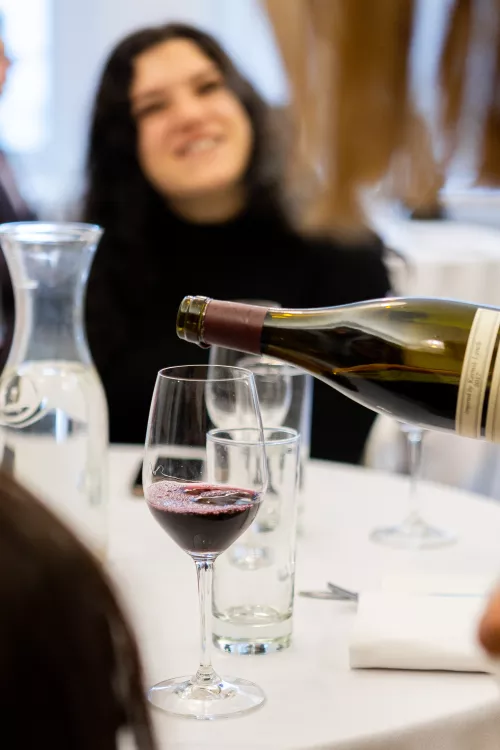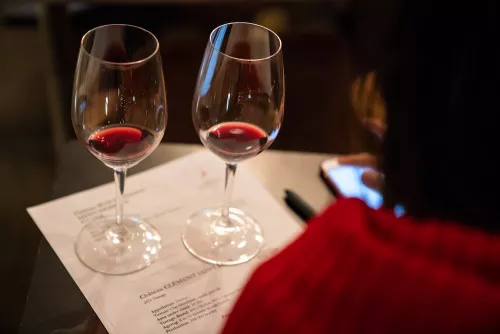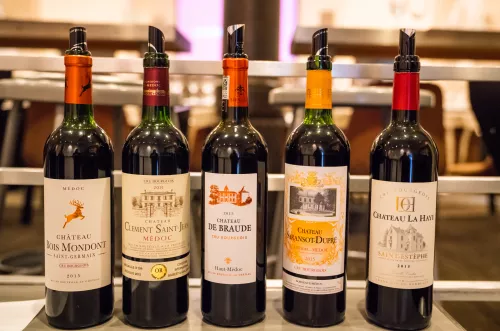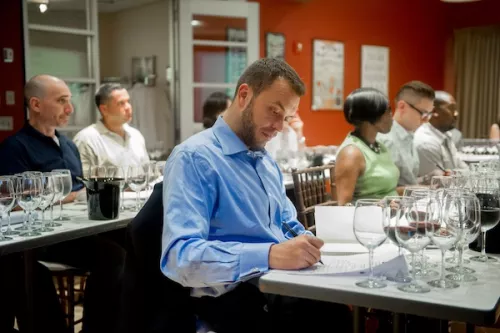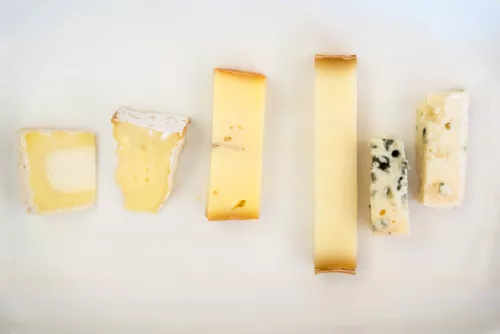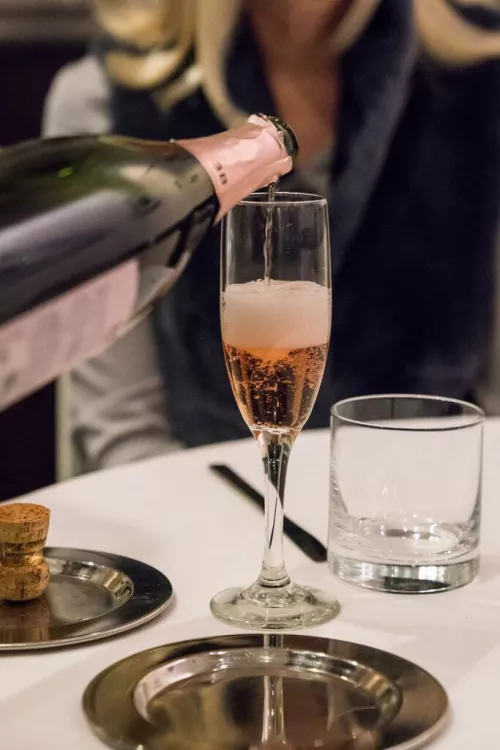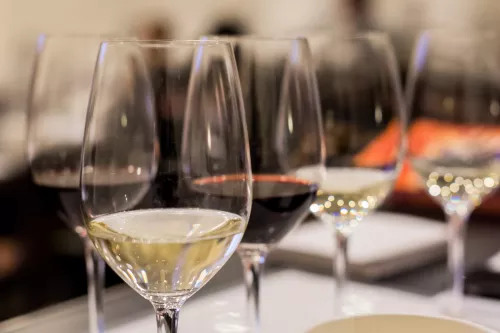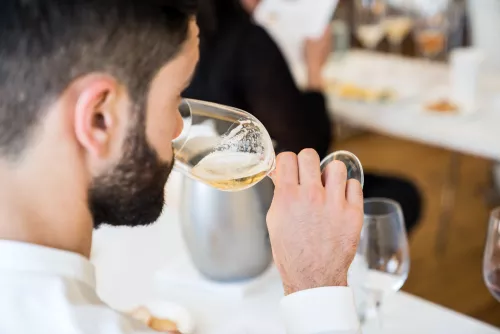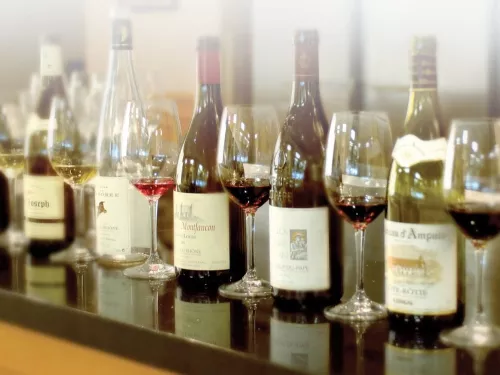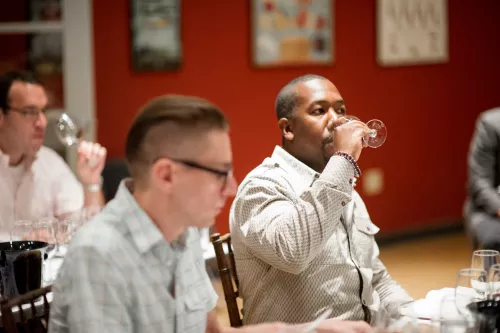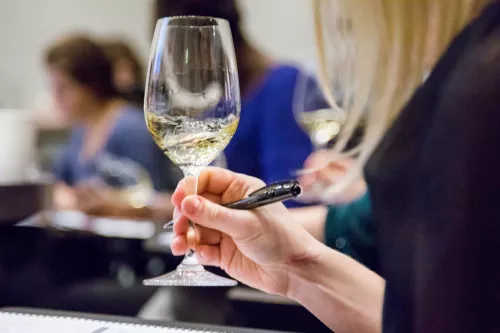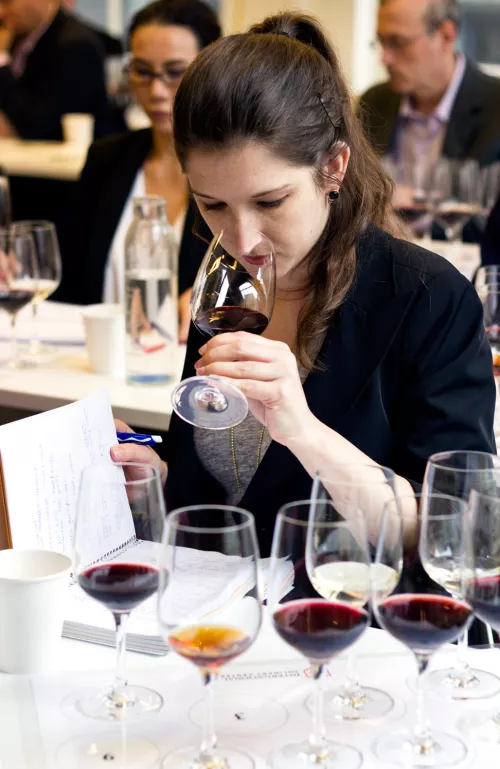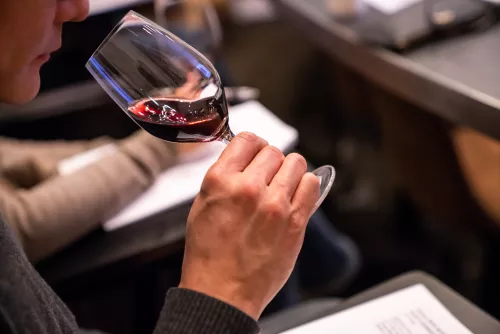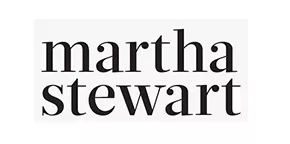TOPIC 1
WINE FOUNDATION
36 hours
The Wine Foundation unit will prepare students for future classes on the wine regions of the world. The course begins with the basics of grape growing and winemaking. Students will study the physiology of taste and how to taste and talk about wines. They will blind taste and evaluate wine, using the Court of Master Sommeliers Deductive Tasting Method. This includes practice identifying flaws in wine. The class will discuss the effects of aging wines and proper cellar conditions. There will be a lecture on food and wine pairing and occasion to taste classic food and wine pairings. There will be a detailed hands-on session on professional wine service including sparkling wines and decantation. The class will culminate in an international overview of important wine regions that will be covered in greater depth during the sommelier course and closes with a final exam comprising a theory paper and blind tasting. After day one, an average of six to eight wines will be tasted each day.
Students will be taught:
- How the senses of smell and taste are used in the analysis and evaluation of wines
- How the aging of wine affects its quality and appearance
- The service and sales aspect of the sommelier position
- The proper technique for decanting and why it is important
- The proper technique for the safe opening and service of sparkling wine.
- The basic principles of wine and food pairing
- Component tasting to explore your sensitivity to wine structure and begin blind tasting, using the tasting grid developed by the Court of Master Sommeliers, Americas
- The major wine-producing regions of the world
TOPIC 2
WINES OF FRANCE
44 hours
The Wines of France unit begins with an overview of the quality levels of French wines, focusing on the AOC system. Students will be introduced to the major wine regions of France, their history, climates and terroir, wine styles, cuisine and customs. Students take a virtual and tasting tour of the wine regions of France, covering grape varieties, AOCs, styles of wine and labeling. The regions to be covered include: Alsace, Loire Valley, Burgundy, Rhône, Provence, Bordeaux, Languedoc-Roussillon, Southwest, Jura, Savoie and Champagne. An average of six to eight wines will be tasted each day.
TOPIC 3
NEW WORLD WINE REGIONS
28 hours
The New World Wine Regions unit begins with an overview of the history and current law regarding wine in the United States. The course then covers the wines of California, Oregon, Washington State and New York at length, and touches on other commercially-relevant states. We study the New World style, grape varieties planted, site selection and other winemaking decisions. The emerging markets of Canada and Mexico are discussed before proceeding to South America, studying the wine history of Chile, Argentina and Uruguay and covering a similar range of important topics. The important New World wine countries of Australia, New Zealand and South Africa are also taught with similar methodology. An average of six to eight wines will be tasted each day.
TOPIC 4
WINES OF ITALY
20 hours
The Wines of Italy unit begins with an overview of the quality levels of Italian wine. Students will be introduced to the major wine regions of Italy, their history, climates and terroir, wine styles and cuisine. We will take a virtual and tasting tour of the wine regions of Italy, covering grape varieties, appellations, regulations and labeling. The regions to be covered include Piedmont and the rest of Northern Italy, Tuscany and the rest of Central Italy, Southern Italy, and the islands. An average of six to eight wines will be tasted each day.
TOPIC 5
WINES OF THE IBERIAN PENINSULA
24 hours
The Wines of the Iberian Peninsula unit begins with an overview of the quality levels of Spanish wines. Students will be introduced to the major wine regions of Spain, their history, climates and terroir, wine styles and cuisine. We will take a virtual and tasting tour of the wine regions of Spain, covering grape varieties, appellation law, styles of wine and labeling. The regions to be covered include Rioja, Ribera del Duero, Navarra, Priorat, Rueda, Rías Baixas and many others. We will also discuss and study Cava production methods. In these sommelier courses we will study the production method and styles of fortified wine, covering Sherry, Port and Madeira. We will also study the still wine regions of Portugal, covering its long history, grape varieties, appellation law, styles of wine and labeling. The regions to be covered include: Douro, Dão, Bairrada, Setubal, Vinho Verde and others. An average of six to eight wines will be tasted each day.
TOPIC 6
WINES OF GERMANY, EASTERN EUROPE AND THE LEVANT
20 hours
This unit begins with an overview of the geography of these varied regions. Students will be introduced to the major wine regions of Germany, their history, climates and terroir, quality levels and cuisine. We will take a virtual and tasting tour of the wine regions of Germany, covering grape varieties, appellation law, styles of wine and labeling. We will emphasize the wines of the Mosel, Rheingau, Pfalz, Rheinhessen and Nahe. This module will then study Austria, Hungary and Greece. We will also touch on the ancient wine regions of Israel and Lebanon. An average of six to eight wines will be tasted each day.
TOPIC 7
BEER, SAKE AND SPIRITS
16 hours
The Beers, Sakes and Spirits unit begins with beer production, terms and styles. We then cover the production of sake, the regions and basic terminology. We will then discuss distillation and whiskies from around the world. The great brandies of the world, liqueurs and other spirits will be covered as well. The course will conclude with a theory paper and sparkling wine service exam, adhering to the Court of Master Sommeliers service standards.
Students will be taught:
- The distillation processes by which all major spirits are produced
- The popular and premium spirits brands in today’s market
- The traditional aperitifs and digestifs that begin a meal
- The great brandies of the world and their producers
- The great whiskies of the world and their producers
- The methods by which liqueurs are produced, how they are produced and from which region they originate
- Classic and modern cocktails
TOPIC 8
WINE MANAGEMENT
12 hours
The Wine Management unit begins with creating a winning wine list including menu concept, pricing, variety of selections and creative marketing. Beverage cost control, vendor relations, cellar management and beverage law round out this module. The unit will conclude with a theory paper and decanting wine service exam, adhering to the Court of Master Sommeliers service standards.
Students will be taught:
- How to design a wine list for various types of service venues
- The proper formulae for pricing
- The requirements for proper beverage and cellar management
- The steps necessary for maintaining control of wine program costs
- The implications of beverage laws to the sommelier position
Note: the Intensive Sommelier Training course at ICE is not an accredited program.

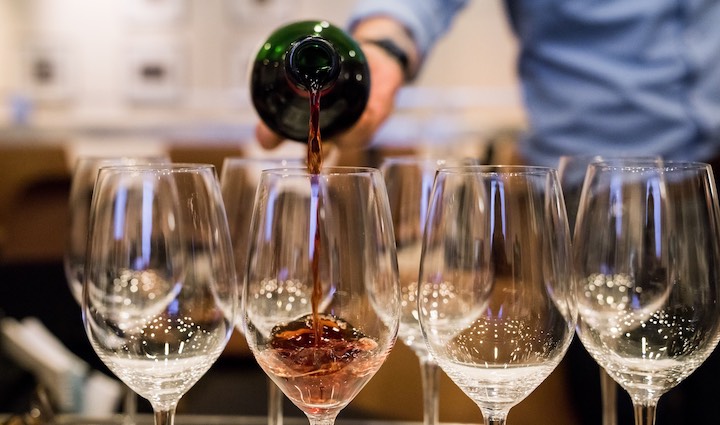
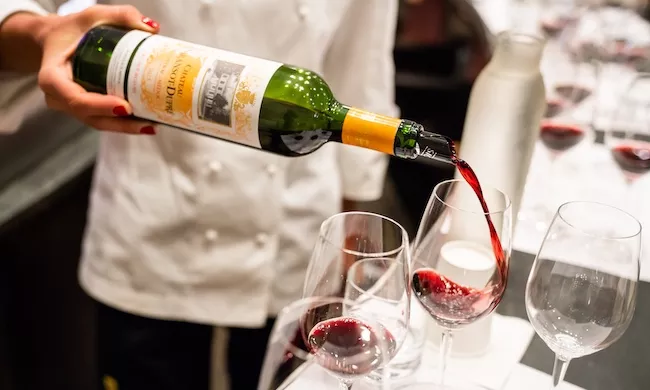
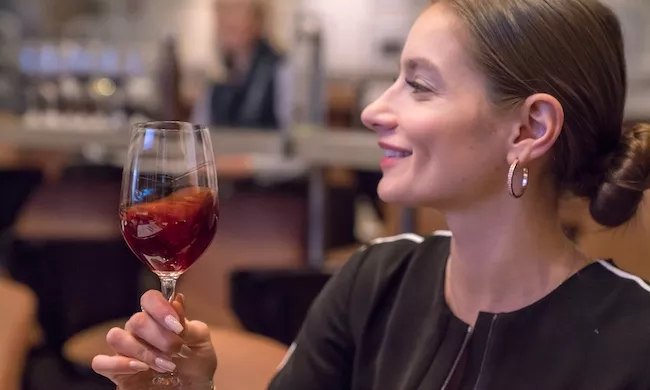
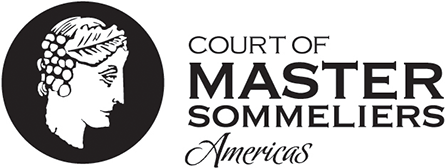 To provide the utmost flexibility, you can pursue your sommelier training in-person at an ICE campus in New York or Los Angeles. We offer a wide variety of schedule options, including morning, afternoon or evening schedules depending on which campus you choose. Classes meet between two, three or five times per week.
To provide the utmost flexibility, you can pursue your sommelier training in-person at an ICE campus in New York or Los Angeles. We offer a wide variety of schedule options, including morning, afternoon or evening schedules depending on which campus you choose. Classes meet between two, three or five times per week.